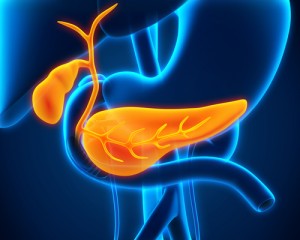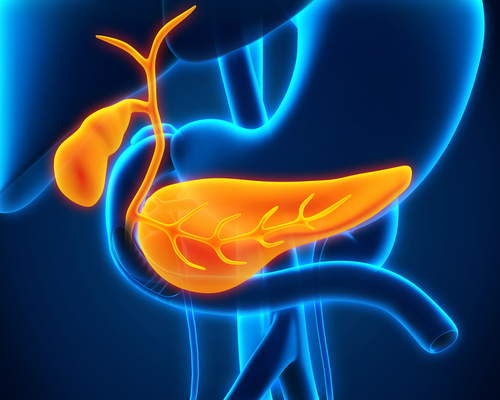 Biopharmaceutical company TiGenix NV, which is currently developing and commercializing novel therapeutics from its proprietary platform of allogeneic, expanded adipose-derived stem cells (eASC’s) for inflammatory and autoimmune diseases, announced that it received a positive recommendation for its Pediatric Investigation Plan (PIP), from the Pediatric Committee of the European Medicines Agency (EMA). PIP is focused on the company’s locally injected stem cell product Cx601, for the treatment of complex perianal fistulas in patients with Crohn’s disease, which is currently in its phase III of clinical development.
Biopharmaceutical company TiGenix NV, which is currently developing and commercializing novel therapeutics from its proprietary platform of allogeneic, expanded adipose-derived stem cells (eASC’s) for inflammatory and autoimmune diseases, announced that it received a positive recommendation for its Pediatric Investigation Plan (PIP), from the Pediatric Committee of the European Medicines Agency (EMA). PIP is focused on the company’s locally injected stem cell product Cx601, for the treatment of complex perianal fistulas in patients with Crohn’s disease, which is currently in its phase III of clinical development.
The recommendation of the PIP will allow the company to fill the EMA new medical product marketing authorization, since it is a requirement for the drug to be used to treat children. After the completion of the PIP, TiGenix NV will receive an additional six months’ patent exclusivity for the product. Cx601 already has Orphan Drug status, which was granted by the EMA in 2009 and gave it ten years of market exclusivity from the date of marketing authorization.
“We are pleased with the EMA’s positive opinion on our PIP for Cx601 which allows us to keep moving towards our filing for marketing authorization for Cx601 in the first half of 2016,” explained the VP Regulatory Affairs and Corporate Quality at TiGenix, Maria Pascual. “Building on the strength of the adult development program and the body of data to be accumulated at the post-marketing phase, a very focused trial has been agreed with the Agency. The study will not begin before 2020, three years after our planned launch of Cx601 in 2017.”
The TiGenix NV’s Cx601 PIP is aimed to study the product’s activity for the treatment of complex anal fistulas, enrolling at least 20 Crohn’s disease patients with ages between 4 and 17 years, being an open-label, multi-center, non-comparative trial, with the purpose of establishing efficacy and safety. The primary endpoint examined will be remission of perianal fistulizing Crohn’s disease, which will be assessed on the 24th week based on the closure of all external openings that were draining at the start of the study. Patients will be followed during a period of a year.

